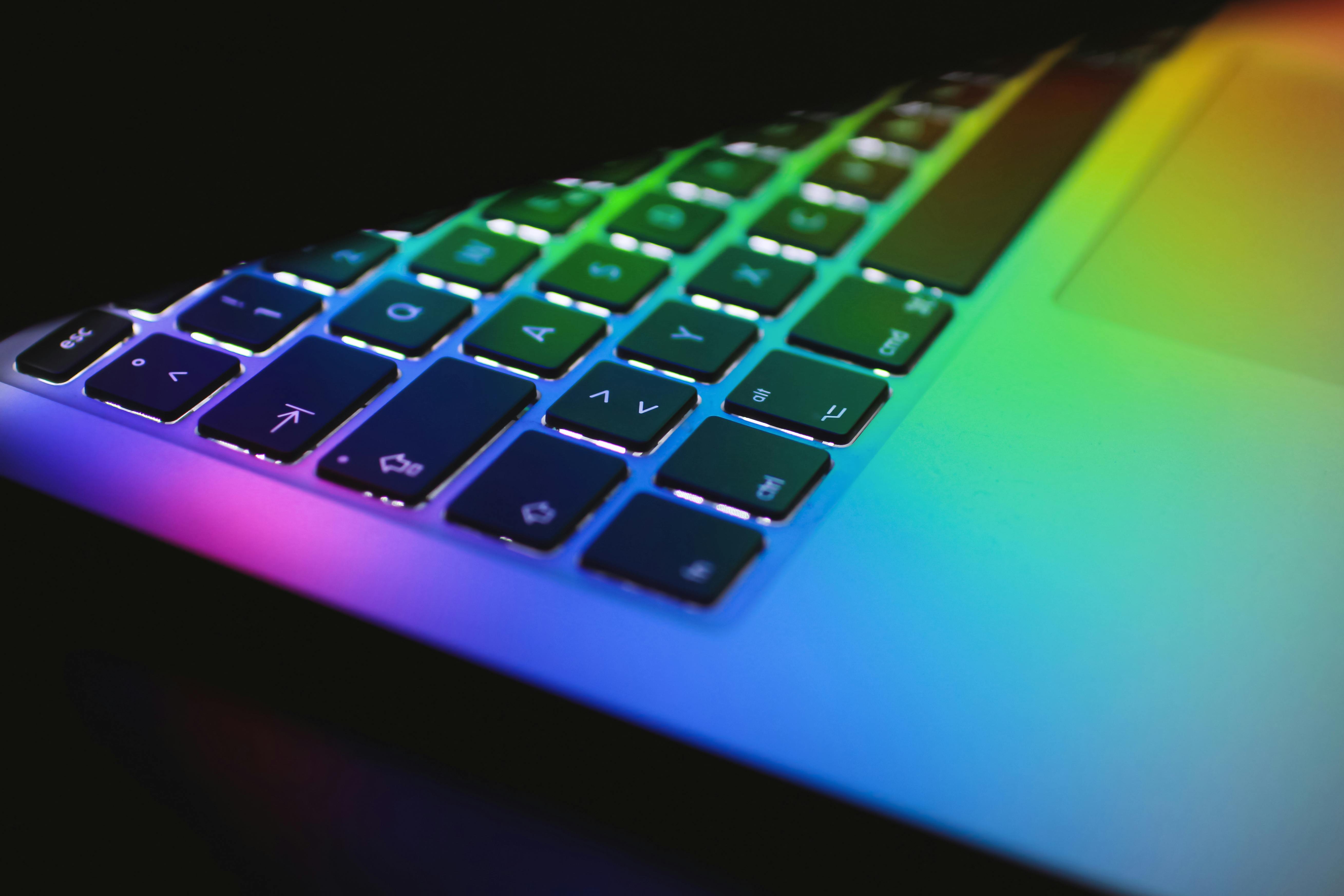Microsoft is taking another step toward a voice-first future. Similar to smart assistants like Alexa, Siri, or Google Assistant, Windows will soon allow users to launch its built-in AI assistant, Copilot, with a simple voice command: “Hey, Copilot.”
The new feature is currently being tested in Insider versions of Windows 11, and early users can already try it out.
Voice-Activated Copilot in Windows 11
Microsoft’s latest integration of AI into Windows brings a voice interaction layer to the Copilot assistant. With the new feature enabled, users will be able to start the assistant simply by saying "Hey, Copilot", without needing to click anything.
When activated, a small Copilot microphone icon appears on the desktop, along with a soft chime indicating that the assistant is listening. The feature allows users to start speaking immediately — as long as their PC is unlocked.
To end a conversation, users can either tap the X icon on the interface or simply stop interacting — after a few seconds of silence, the assistant will automatically close and another sound will confirm the session has ended.
Privacy and Local Processing
One concern with always-listening devices is privacy. Microsoft has addressed this by making "Hey, Copilot" an opt-in feature. It’s not enabled by default — users must turn it on manually in their settings.
According to Microsoft, the wake word detection occurs entirely on the device and does not record or store audio locally. When "Hey, Copilot" is recognized, a 10-second audio buffer is sent to the cloud — but only after activation — to process the user's question and generate a response.
Requirements and Limitations
- The Copilot Voice feature only supports English at the moment.
- Users must have Copilot version 1.25051.10.0 or newer installed.
- The system must be connected to the internet to receive meaningful responses, though the voice command itself can be triggered offline.
Due to these limitations, users with English set as their display language are currently prioritized for receiving the update.
AI Everywhere in Windows
This new voice-activated feature is part of a broader push by Microsoft to embed artificial intelligence deeper into Windows. From built-in document summarization to writing assistance, Copilot now appears throughout the operating system — and Microsoft is still finding more ways to integrate it.
While some users welcome these AI tools as time-saving helpers, others express concerns about data privacy and interface clutter. Regardless, Windows is steadily evolving into a more voice- and AI-driven environment, following the trend set by mobile devices and smart home assistants.


